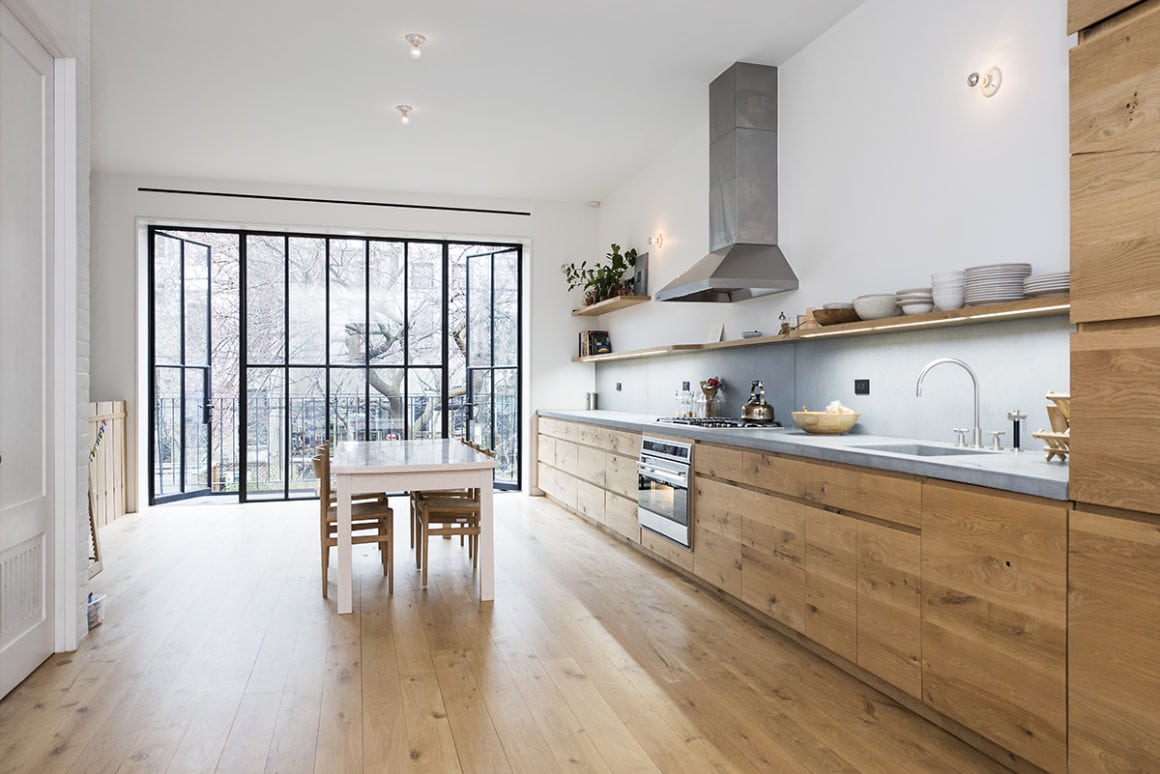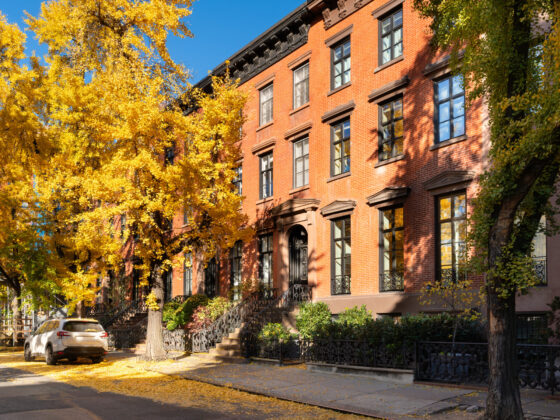Table of Contents Show
Not all materials are created equal. If you’re upgrading your New York City kitchen, one of the significant selections will be the countertop. With no shortage of options, you’ll want to make a practical decision based on things like budget and lifestyle, as well as personal taste. Know that if you often cook, or if you’re a messy cook (some New Yorkers cook), a more delicate material is probably not the best solution, even if you love the look.
If you’re an occasional chef, however, the aesthetic of your kitchen might be more important, while practicality could remain secondary. No matter what material you choose, resale of your condo or co-op will come into play. Also, remember that if a buyer isn’t happy with your selection, he or she can always tear out, reselect, and reinstall. Here’s the lowdown on some of the most popular countertop materials for kitchens.
Table of Contents
Marble/Limestone/TravertineMarble/Limestone/Travertine
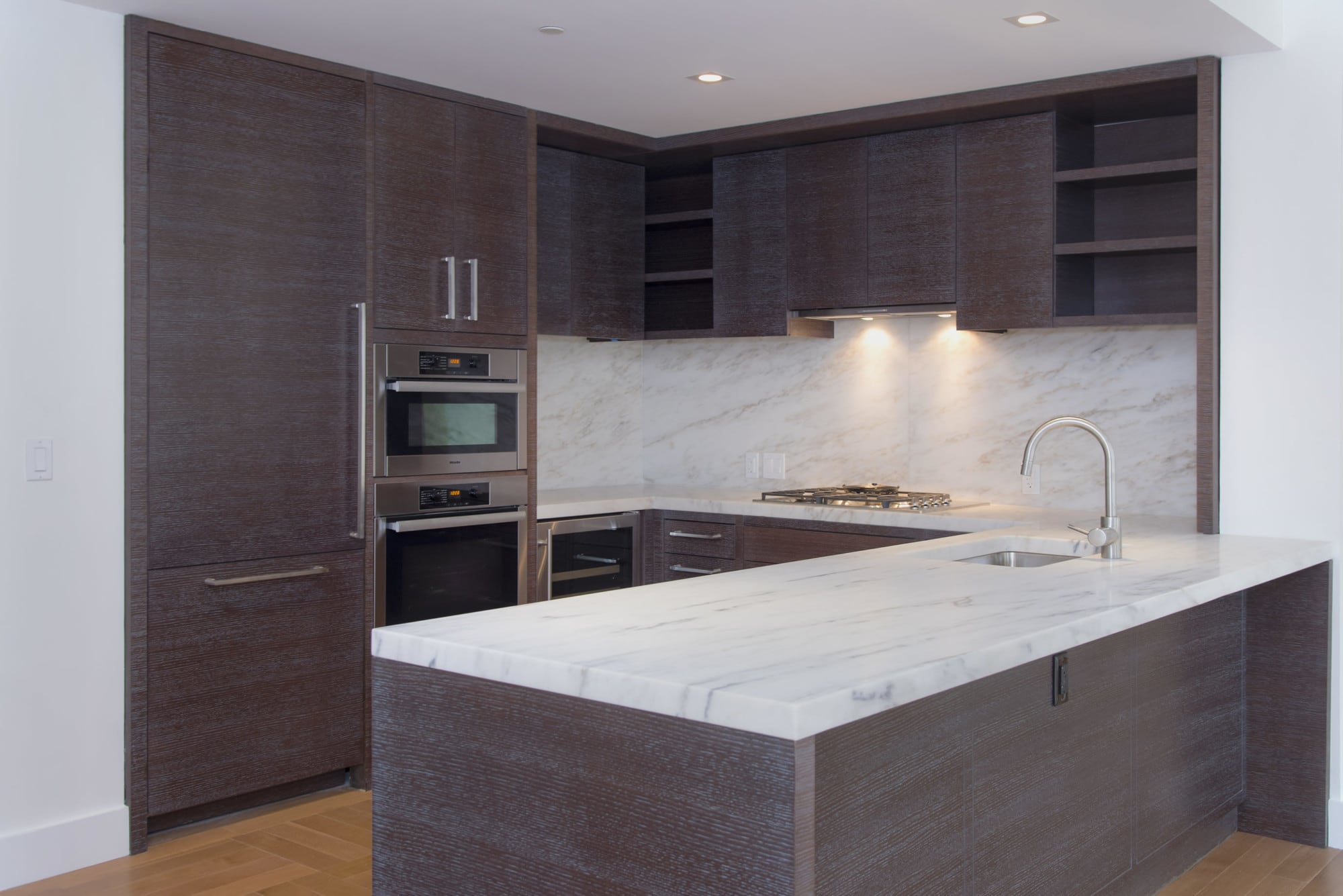
Those dreaming of white and light-colored kitchen upgrades often love the look of marble or limestone, but both of these gorgeous natural materials require more maintenance than granite. Both are softer and more porous, which means they absorb liquids and are more likely to stain. These stones can also scratch and crack more easily than other materials. Still, a host of homeowners will select marble, limestone, or travertine, knowing the extra time that goes into keeping it looking its best. Pastry chefs adore prepping dough on the smooth surface of marble, and rightfully so. You’ll need to clean these counters more often and with a specific stone maintenance product, whereas granite can be cleaned with warm, soapy water.
Solid SurfaceSolid Surface
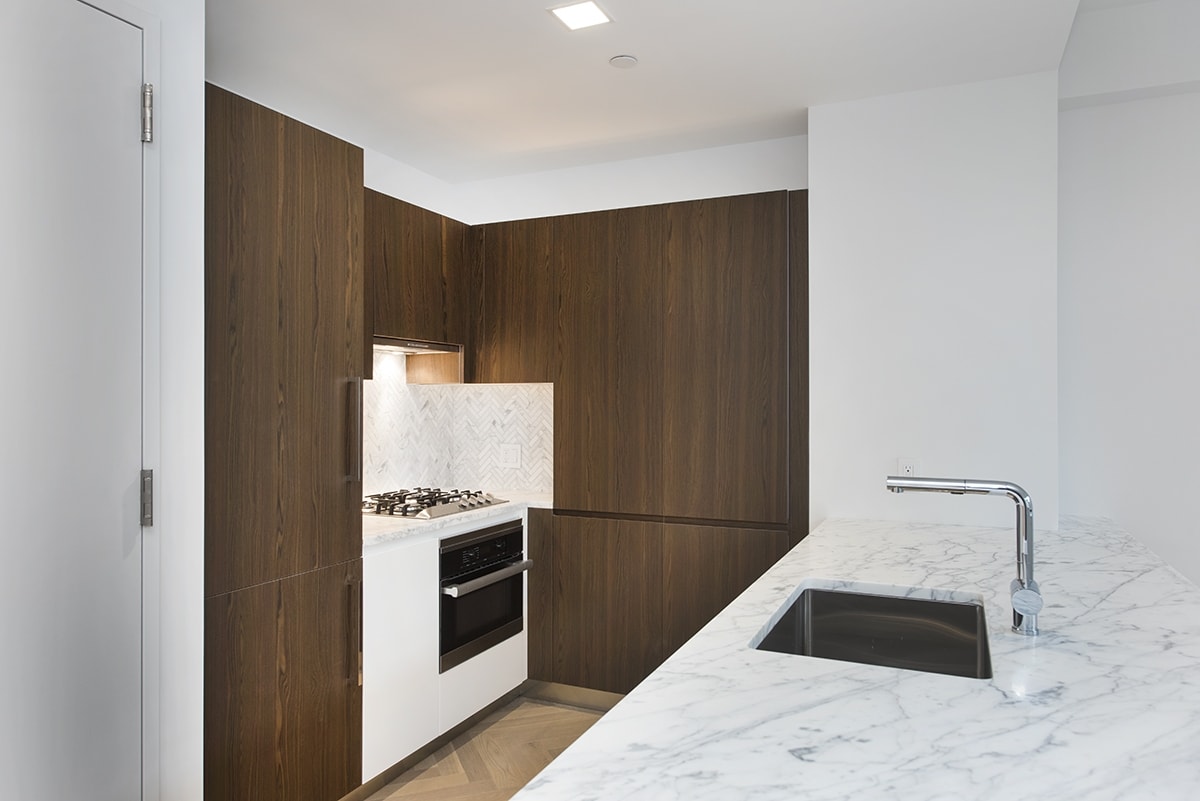
Although Corian counters may seem somewhat dated in today’s design world, diehard fans of a solid surface will always select Corian. You might ask, “Why?” (Especially considering the many options we now have available.) Corian can crack and burn, and even stain if you’re not careful. But some appreciate the seamless details like an integrated sink, which is, often done with Corian. Others like a simple, unfussy countertop with no pattern. In this case, a solid black, white, or cream-colored solid surface material is an ideal solution for that clean, uniform look.
ConcreteConcrete
Concrete is a versatile choice because the material can be made to look like almost anything. If your kitchen is a modern design; concrete will marry well, but by the same token, even a classic kitchen upgrade can remain traditional with concrete depending on the sheen and texture. Finish it in a high gloss; grind it for a more gravel-like appearance. Sand it and customize it with shells or fossils. Costs can vary significantly on concrete because it’s such a custom product.
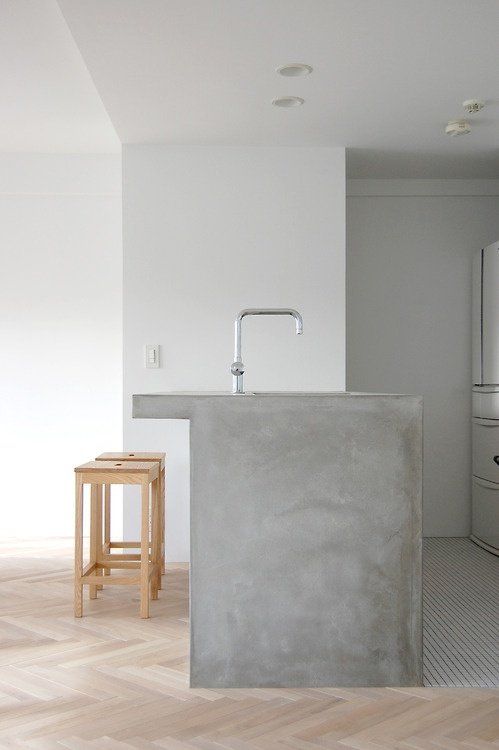
QuartzQuartz
One of the newer options on the market, engineered quartz, is human-made and without the flaws (or character), and manufacturers claim that it’s tougher than granite. Cleaning and maintenance is a snap, and this durable material often resembles natural stone. Silestone, Caesarstone, and Cambria are a few of the manufacturers you’ll find as you shop for quartz. Unlike natural stone, quartz is resistant to most stains, including the acidic, such as coffee, tea, and red wine. To sum this one up; it’s great looking, and if you’re a serious chef or a wineaholic, quartz could be the material for you.
GraniteGranite
Granite is durable and one of the most widely used materials on kitchen countertops. As one of the hardest stones in the world, granite is not quick to scratch, stain, etch, crack, or chip. This stone is also impervious to heat so you can set a hot pot directly on the surface without worry. Honed has become a more desirable finish over the years, but it is more likely to etch and stain than a polished finish. Available in a variety of colors and patterns, granite is a sensible choice for almost any kitchen upgrade.
